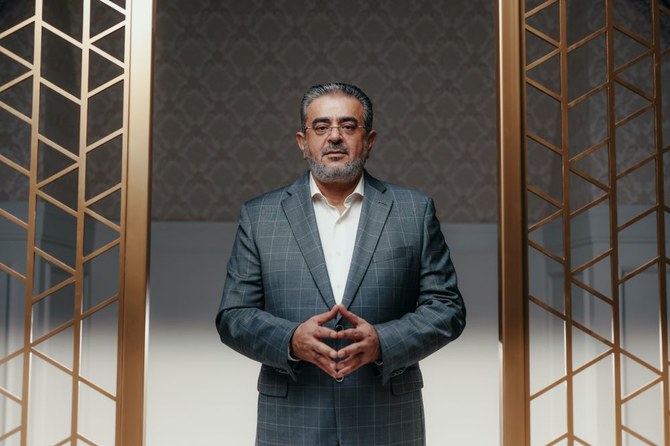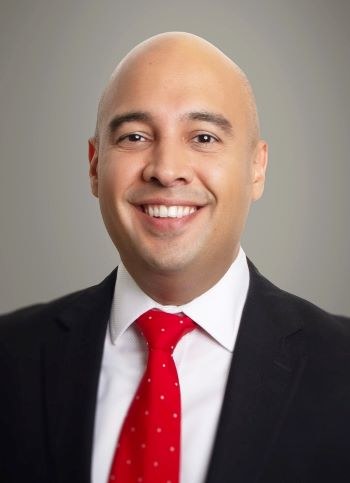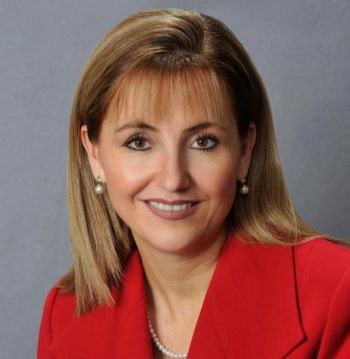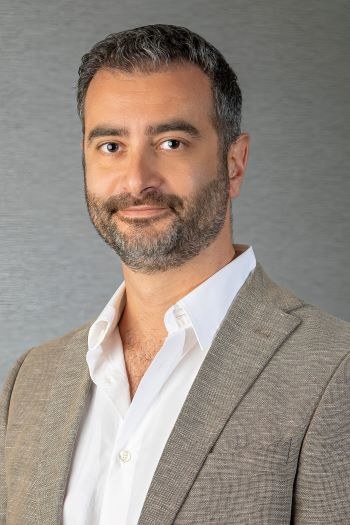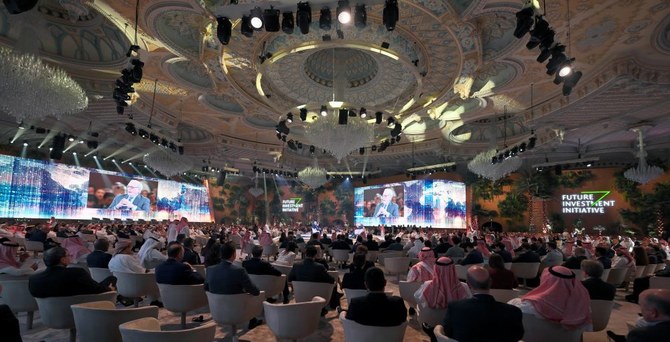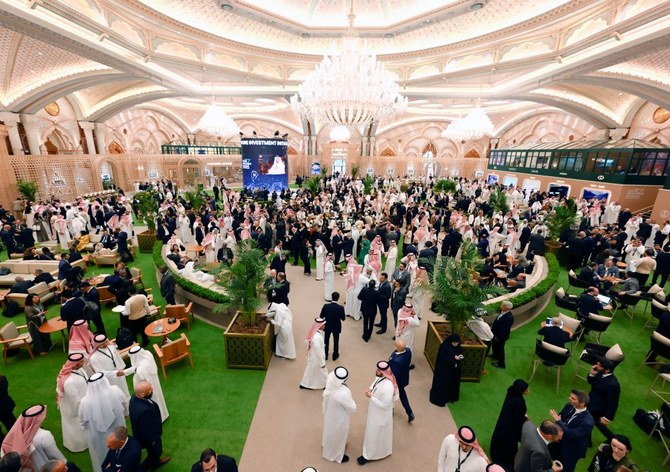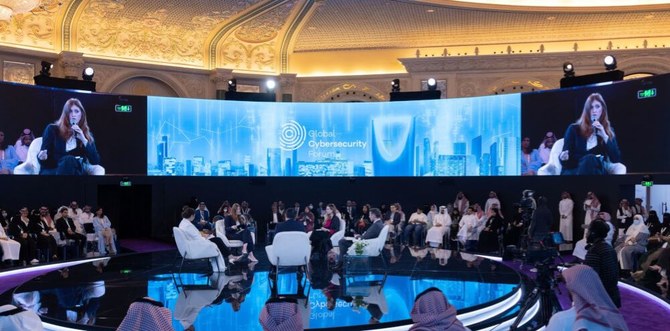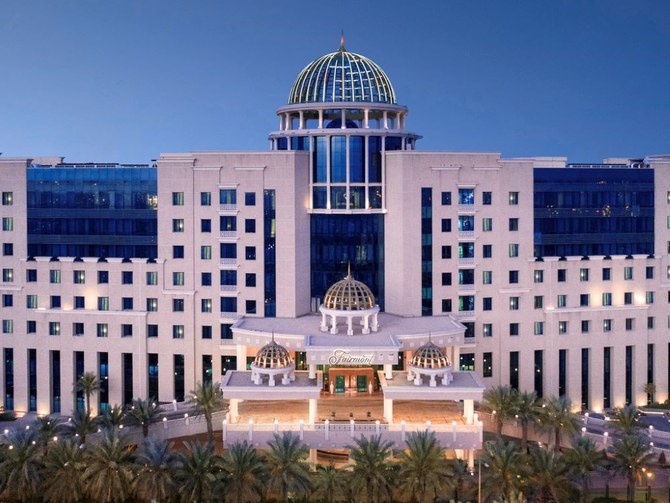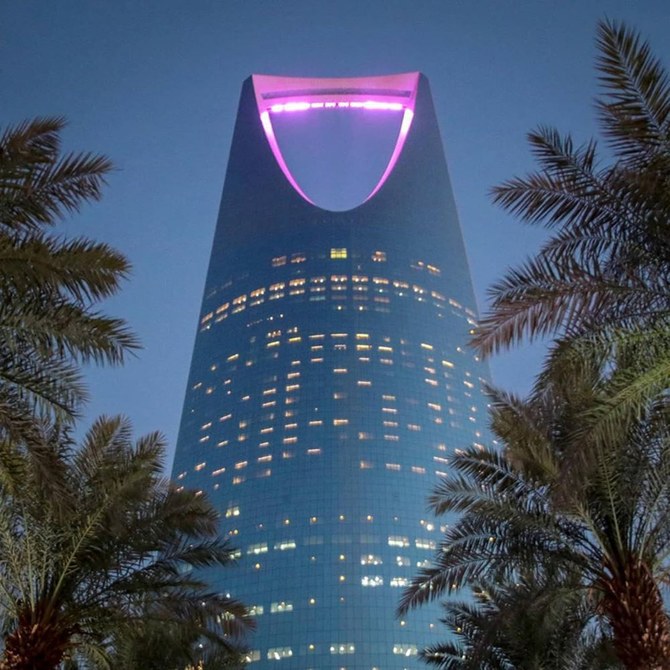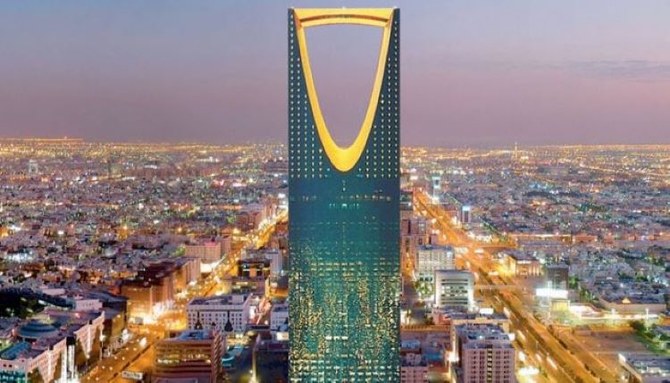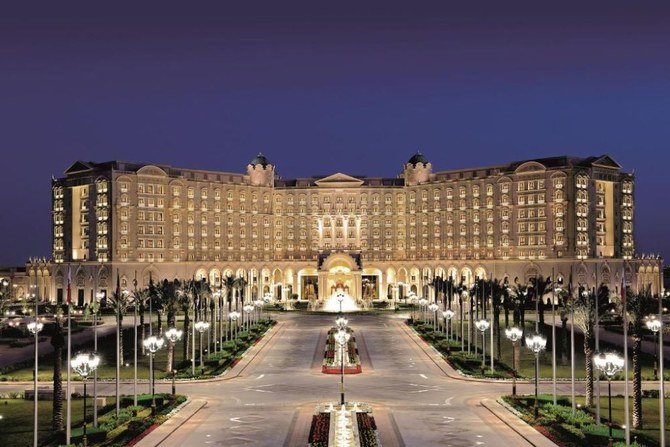RIYADH: As Riyadh vies for the opportunity to host Expo 2030, with expectations of welcoming over 120 million visitors, the mood in the hospitality industry is visibly upbeat at the prospect of presenting the mega global event.
Scheduled to unfold from Oct. 1, 2030, to March 31, 2031, the five-month exhibition is poised to cast a spotlight on Saudi Arabia’s multi-billion-dollar hospitality plans. With the hotel sector at the forefront, the event aims to highlight the best of Saudi culture on a global stage.
“One of the biggest opportunity areas for the Kingdom’s hospitality market will be to deliver a diverse range of hotel accommodation options that cater to all budgets,” Faisal Durrani, partner and head of research for Middle East and North Africa at Knight Frank, told Arab News.
He noted that they are currently tracking over 310,000 hotel rooms under development for completion by 2030. Only 17 percent of this capacity falls in the three-star or lower category, highlighting the opportunity for more budget-friendly options.
Ludwig Bouldoukian, regional vice president for development in the Middle East and Africa at Hyatt Hotels Corp., highlighted hotels’ vital role in addressing accommodation and dining needs, creating unique and immersive stays that mirror the country’s heritage, modernity, and history.
“From luxurious penthouses to lifestyle and business suites, guests will have plenty of choices when visiting the destination,” he said
Tom Stevens, area vice president of Rotana Hotels, expects a diverse range of attendees at the global mega-event, encompassing business and leisure travelers, solo and family visitors, and those seeking short or extended stays.
He added: “With an anticipated 120 million visitors to the city of Riyadh and 40 million to the Expo 2030 site, the hospitality industry can expect a significant surge in demand for accommodation, dining, and entertainment offerings.”
If Riyadh secures the backing of the Bureau International des Expositions member countries to host Expo 2030, the Kingdom has pledged to stage the most impactful World Expo to date.
Basel Talal, managing director of Saudi Arabia, Kuwait, Levant at Radisson Hotel Group, outlined their Expo 2030 preparations. “We’re investing heavily in staff training across our hotels to ensure the highest levels of service and understanding of the diverse needs of global visitors.”
He underscored that Expo 2030’s significance surpasses a mere event, terming it a “statement to the world unraveling Saudi Arabia’s vision and future.”
Talal noted the influx of global visitors will drive immediate demand for hospitality services, “but the impact goes beyond short-term bookings.”
Bouldoukian echoed this sentiment, underlining that Expo 2030 presents an exciting opportunity for Riyadh. “The city’s hotels are playing an instrumental role in the destination’s bid to host the event.”
If successful in the bid, he said the event could bring an unprecedented influx of international visitors, enabling the city to showcase its hospitality, entertainment, and cultural offerings.
Durrani emphasized that hosting the World Expo would contribute to Riyadh’s emergence as Saudi Arabia’s commercial capital and a global hub.
The Saudi hospitality industry holds the promise of an unparalleled experience for tourists, a sentiment echoed by Bouldoukian.
“Riyadh Expo 2030 would offer the perfect opportunity to showcase this to a global audience,” he explained, adding that attendees of Riyadh Expo 2030 will be invited to envision a different future — prosperous, innovative, and sustainable.
Richard Schiller, general manager of Hilton Riyadh Hotel & Residences, anticipates a “game-changing” impact on the Kingdom's hospitality industry if Saudi Arabia wins the bid.
“This presents a unique chance for the sector to not only cater to immediate needs but also to leave a lasting impression on visitors, potentially turning them into repeat travelers in the post-Expo period,” he told Arab News.
In conclusion, Gloria Guevara Manzo, chief special adviser at the Saudi Ministry of Tourism, affirmed the country’s worthiness of hosting the mega event, adding that it’s a “unique opportunity for international visitors to experience its impressive transformation, rich cultural heritage and extraordinary hospitality.”
As the curtains rise on Expo 2030, Riyadh’s hospitality sector is gearing up to stage a grand performance, blending the richness of Saudi culture and luxury, beckoning the world to partake in an unparalleled experience.



